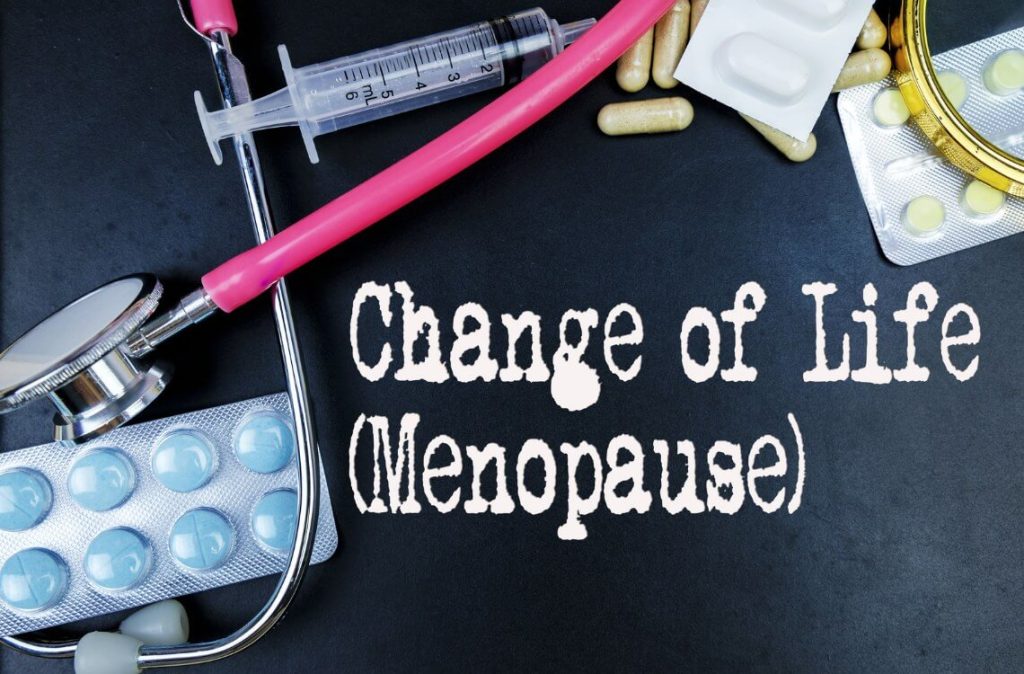Every girl gets the ‘talk’ when she starts menstruating but no one gets the ‘talk’ when she is about to stop her period. Menopause is so little spoken about that women go through it in silence. It is often associated with negativity, discomfort and stigma.
This should not be the case. In fact, talking about menopause is beneficial for women going through this stage of life to learn in managing their transitions better and be supported with the right treatment options and community.
“We should encourage more conversations about menopause. Knowledge is important to have a better understanding of what is happening and why. This is a good first step in coming to terms with the symptoms of menopause and that’s when interventions can take place for a healthier transition,” said Dr Thangesweran Ayakannu, Consultant Gynaecologist, Gynaecology Oncology and Robotic Surgeon at Sunway Medical Centre, Sunway City.
Menopause Is Not a Medical Condition
It is a natural phase of life for all women that occurs with ageing. Women are born with ovaries that produce eggs and the estrogen and progesterone hormones which control periods. Menopause happens when the ovaries no longer release the eggs and hormones.
However, menopause can happen early if the ovaries are surgically removed or damaged due to exposure to chemotherapy. This is known as premature menopause.
In Malaysia, our ageing population is increasing. As of 2016, Malaysians aged 60 and above comprise 9.5 percent of the population and this has been projected to increase to 23.5 percent in 2050. For example, one of the risk of menopause is osteoporosis and literature review stated that Chinese women has the highest incidence of hip fracture (44.8%) due to osteoporosis in Malaysia.
The Difference Between Perimenopause and Menopause
Since the topic is still largely a taboo in Malaysia, most women may not know the difference between menopause and perimenopause. The latter is the transitional years when declining estrogen levels can cause disruptive physical and emotional effects such as menstrual irregularities, anxiety, mood swings and ‘brain fog’.
On average, women reach menopause between 50 and 51 years old, however menopause can happen any time between 45 to 55 years of age. Meanwhile, perimenopause can start when women are in her mid or late 40s and can last anywhere between 1 and 4 years.
Menopause symptoms can have a major impact on a woman’s daily life, especially for women who continues to contribute their skills and expertise in the workforce. Hot flushes, night sweats, chills, emotional changes, sleeping problems, vaginal dryness and discomfort during intercourse, reduced sex drive, thinning hair and dry skin, weight gain and slowed metabolism, urine problems such as incontinence and urine infection, and problems with memory and concentration can leave women unprepared and unaware of the treatment options available.
No Two Women Share the Same Menopause Experience
Dr Thangesweran explains, “Many women wonder how long menopausal symptoms last and the answer is it varies for each woman. The nature, severity and order of symptoms also vary. For example, hot flushes usually last 1 to 2 years but it can also last up to 10 years or longer. On average, menopause lasts between 5 and 10 years.”
“While menopause is a natural process but if the symptoms are troubling you and you are unable to cope with your daily activities due to its severity, you should seek medical treatment. If not properly diagnosed and managed, certain complication such as heart diseases, stroke and osteoporosis may occur for some women.”
He adds, “Treatment is aimed at reducing the severity of menopausal symptoms and there are various methods including medication, topical hormone, non-hormonal treatment, alternative and complementary treatment and cognitive behavioural therapy. Making lifestyle changes can also help alleviate the symptoms.”
Tips to Coping with Menopause
1. Educate yourself about menopause and make the necessary lifestyle changes as needed.
2. Normalise conversations about menopause with your family, friends and colleagues.
3. If you are a spouse, family member or friend to someone going through this, try to be supportive and understanding.
4. Learn to identify the symptoms, especially if they begin to affect your day-to-day functions and seek professional medical help.
5. Celebrate this transition as a beautiful part of a woman’s journey.
Support Women’s Health
Let’s echo Dr Thangesweran and start breaking the taboo on menopause. After all, all of us go through some forms of ageing symptoms.
The key lies in learning to cope with them with the right support.
Source: Dr Thangesweran Ayakannu, Consultant Gynaecologist, Gynaecology Oncology and Robotic Surgeon at Sunway Medical Centre, Sunway City
Disclaimer: The information provided in this article is for informational purposes only and should not be considered as medical advice from Motherhood. For any health-related concerns, it is advisable to consult with a qualified healthcare professional or medical practitioner.
For more insightful stories and fun recipes, stay tuned to Motherhood Story!
